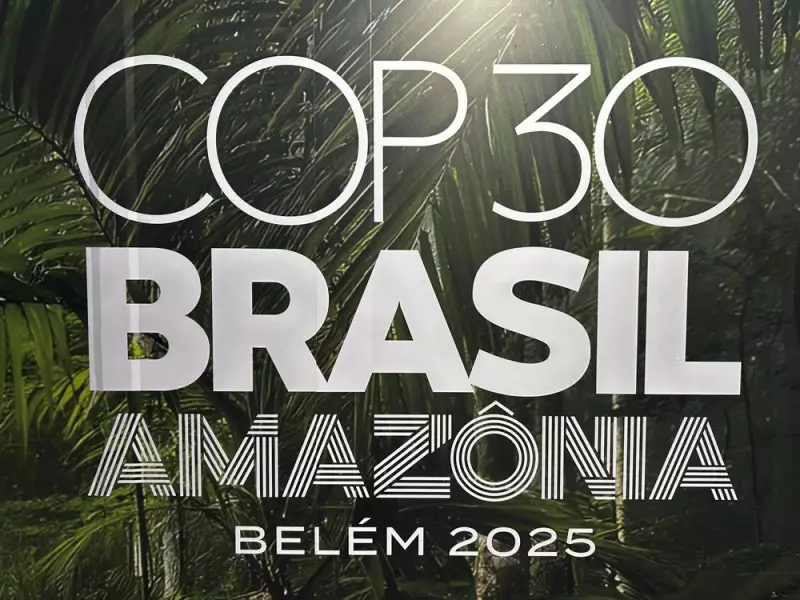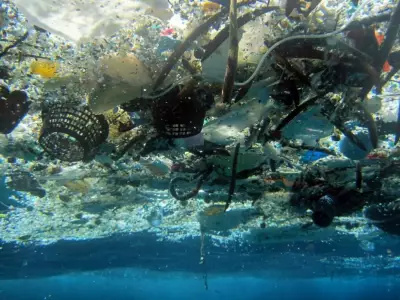
In a move that has raised eyebrows across the international community, United States government representatives were conspicuously absent from critical United Nations climate negotiations currently underway in Bonn, Germany. The absence comes at a pivotal moment for global climate action, with scientists warning that time is running out to address the escalating climate crisis.
Diplomatic Silence Speaks Volumes
The empty chairs reserved for American delegates at the UN Framework Convention on Climate Change (UNFCCC) meetings sent a powerful message about shifting U.S. priorities in international environmental cooperation. While the official reason for the absence remains unclear, diplomatic sources suggest the decision reflects ongoing debates within the Biden administration about the direction of American climate policy.
Timing Couldn't Be Worse
The skipped meetings occur during particularly crucial discussions about:
- Climate finance mechanisms for developing nations
- Implementation guidelines for the Paris Agreement
- Global stocktake preparations for assessing progress
- Loss and damage framework development
These negotiations serve as essential groundwork for the upcoming COP28 climate summit in Dubai, making American participation particularly important.
International Reaction and Implications
Climate diplomats from other nations expressed concern about the implications of U.S. disengagement. "When the world's largest economy and second-largest emitter is missing from the table, it creates significant challenges for building consensus," noted one European delegate who requested anonymity due to the sensitivity of the discussions.
The absence is especially notable given President Biden's early commitments to restore American leadership on climate issues after the Trump administration's withdrawal from the Paris Agreement.
Broader Context of U.S. Climate Engagement
Despite this recent absence, the Biden administration has taken significant domestic climate action through the Inflation Reduction Act, which includes historic investments in clean energy. However, international climate advocates worry that skipping these technical negotiations could undermine America's ability to shape global climate rules and maintain its influence in environmental diplomacy.
As the Bonn talks continue without U.S. representation, the question remains whether this absence represents a temporary logistical issue or signals a broader shift in American engagement with multilateral climate efforts.





